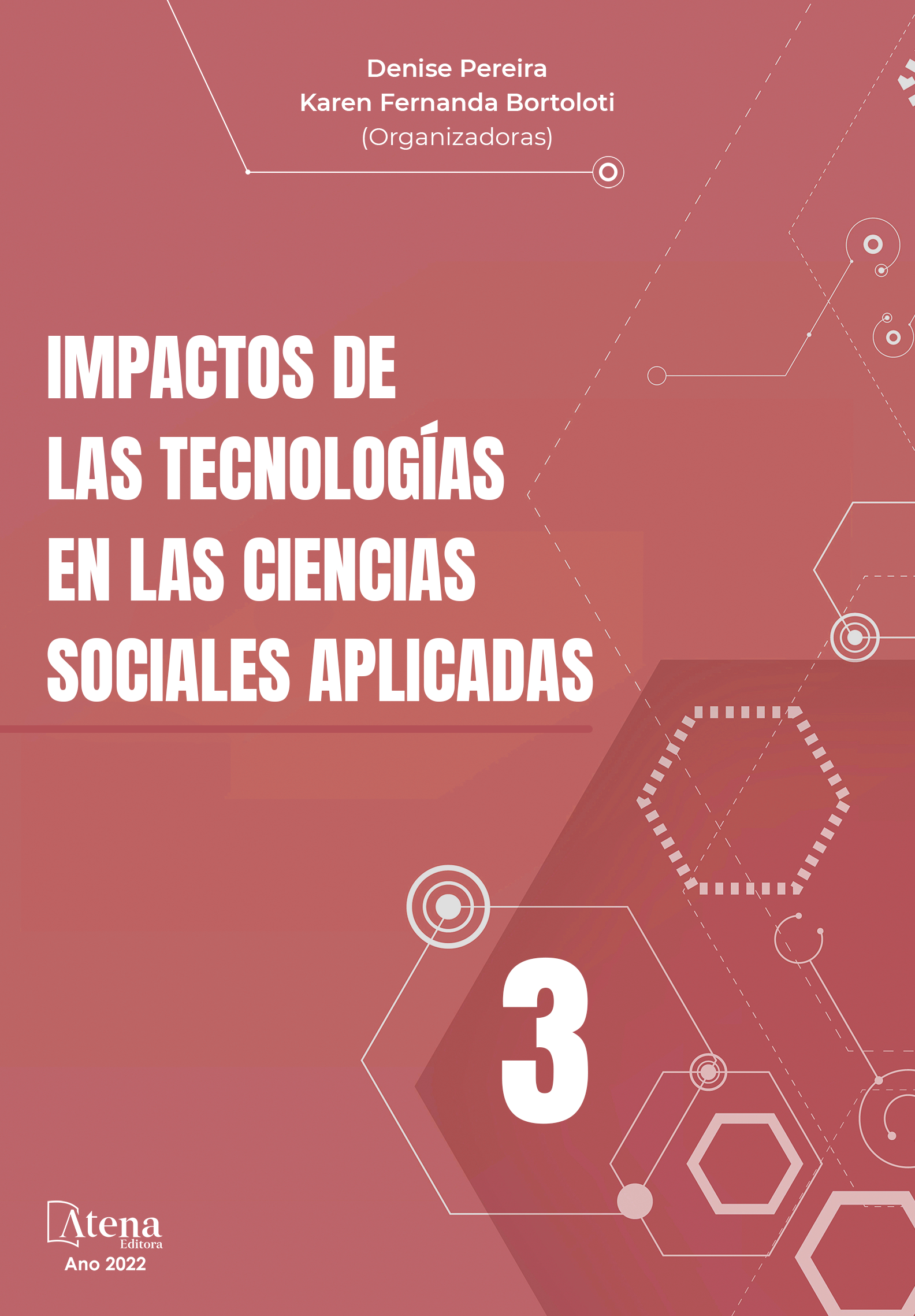
¿VOLVERÁN LOS ESTUDIANTES CHINOS A ESTUDIAR IDIOMA Y NEGOCIOS EN LA UNIVERSIDAD ESPAÑOLA? CÓMO ENFRENTARSE A NUEVOS RETOS EN LA ERA POST COVID19
En este estudio se describe el impacto de la pandemia COVID-19 en la internacionalización de la universidad española, planteando los nuevos retos a resolver de cara a recuperar el alumnado internacional, en concreto los estudiantes chinos. Se lleva a cabo un trabajo de campo sobre 176 individuos pertenecientes a cinco categorías incluyendo estudiantes, profesores y agencias. Los resultados nos permiten obtener una descripción del panorama respecto al estudio del idioma español en China y sus perspectivas en los próximos cursos, en términos de tipo de docencia (presencial, online o híbrida), la percepción de los estudiantes durante la pandemia y su toma de decisiones a corto, medio y largo plazo con respecto a la continuación de sus estudios o interrupción, así como sus decisiones futuras en términos de inversión que tendrán su reflejo en el número de estudiantes chinos que podemos esperar en los centros de educación superior en España. En consonancia con estos resultados, se proponen diversas líneas de actuación encaminadas a conseguir la vuelta de alumnado chino a las universidades españolas, concretándose una oferta de programas idóneos que contribuyan a ello, en idioma inglés y español, así como formato online, presencial e híbrido. Nuestras reflexiones concluyen definiendo lo que entendemos por “new education”, una nueva forma de educación superior que emerge como consecuencia de determinadas fuerzas disruptoras: la necesidad de satisfacer a “nuevos estudiantes globales”; y la necesidad de integrar nuevas herramientas tecnológicas que faciliten la docencia, no solo a distancia, sino también como nueva necesidad surgida en el aula creando una nueva realidad en el panorama educativo.
¿VOLVERÁN LOS ESTUDIANTES CHINOS A ESTUDIAR IDIOMA Y NEGOCIOS EN LA UNIVERSIDAD ESPAÑOLA? CÓMO ENFRENTARSE A NUEVOS RETOS EN LA ERA POST COVID19
-
DOI: 10.22533/at.ed.56922280719
-
Palavras-chave: Educación superior, internacionalización universitaria, estudiantes chinos, educación en pandemia, nueva educación.
-
Keywords: Higher education, university internationalization, Chinese students, pandemic education, new education.
-
Abstract:
: This study describes the impact of the COVID-19 pandemic on the internationalization of the Spanish university, as well as the new challenges to be faced in order to recover international students, specifically Chinese students. A field work is carried out to 176 individuals belonging to five categories including students, professors and agencies. Results lead to a description of the panorama regarding the study of Spanish language in China and its perspectives in the next academic yearsin terms of the type of teaching (in classroom, online or hybrid), students’ reflections during the pandemic and their intentions in the short, medium and long term regarding the continuation or interruption of their studies, as well as about studying abroad, which will be reflected in the number of Chinese students that can be expected in Spanish higher education centers. According with these results, various lines of action are proposed aimed at achieving the return of Chinese students to Spanish universities, establishing an offer of suitable programs, in English and Spanish, as well as online, face-to-face and hybrid. Our reflections conclude by defining what we understand by “new education”, a new form of higher education that emerges as a consequence of disruptive forces and the need to satisfy “new global students”, and the need to integrate new technological tools that facilitate teaching, not only at a distance, but also in the classroom, creating a new reality in the educational landscape.
-
Número de páginas: 16
- Inmaculada Fortanet Gómez
- Diego Monferrer Tirado
- Beatriz Irún Molina


